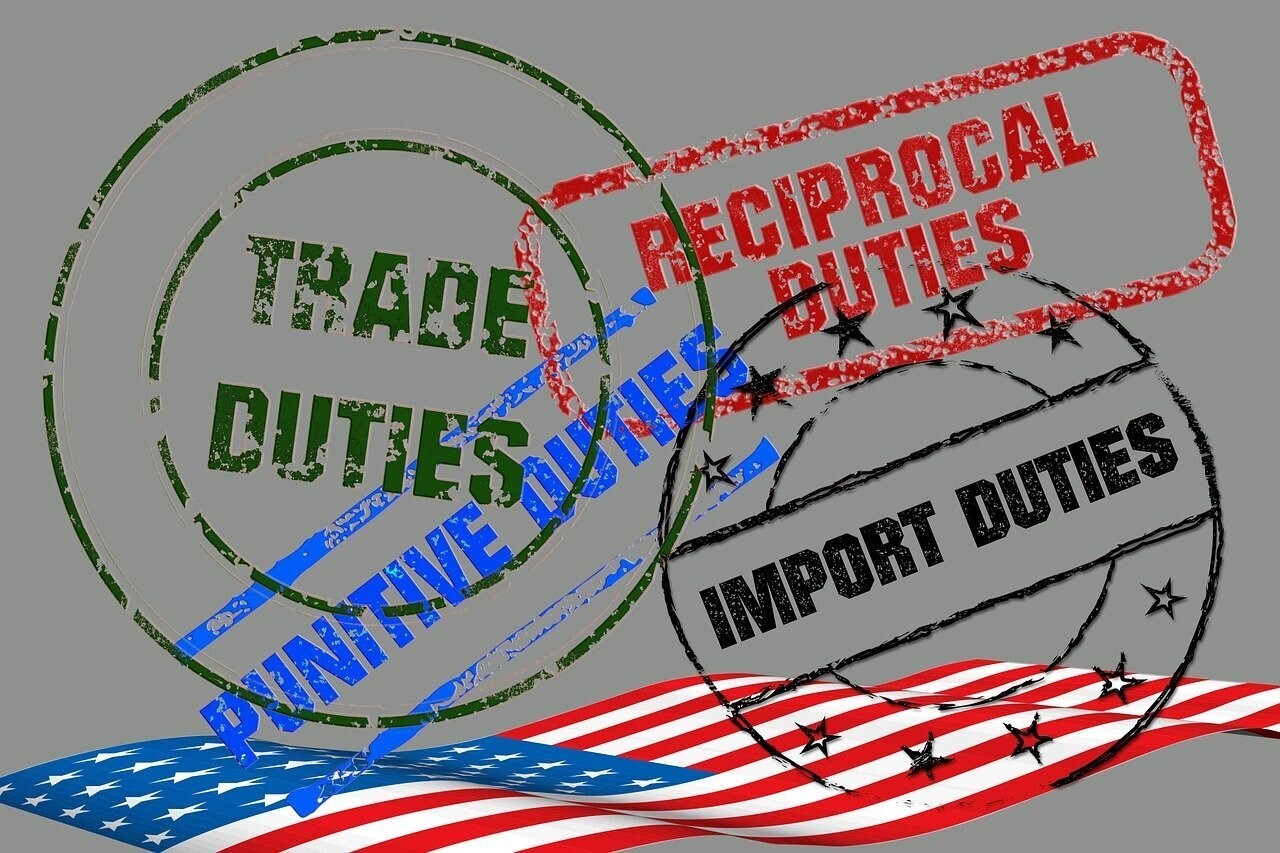您想继续阅读英文文章还
是切换到中文?
是切换到中文?

THINK ALUMINIUM THINK AL CIRCLE

As global trade conflicts grow and political alliances change, American companies in many industries are struggling with rising tariffs on imported aluminium.

Image for representational purpose
Introduced on June 4, 2025, the 50 per cent aluminium tariff was meant to support US producers as economic tensions grew between Western countries and the BRICS group (Brazil, Russia, India, China, and South Africa) but it has triggered widespread disruptions in supply chains, driving up costs and compelling companies from automakers to beverage manufacturers and luxury brands to swiftly adjust their strategies.
Aluminium plays a crucial role in many products, valued for its lightweight, strength, and flexibility, especially in cars, packaging, construction, and luxury goods. The tariff effectively doubled the cost of imported aluminium, pushing prices up by 40 per cent to 60 per cent for many companies relying on foreign supply.
The tariff’s impact on the automotive industry
…and so much more!
SIGN UP / LOGINResponses








